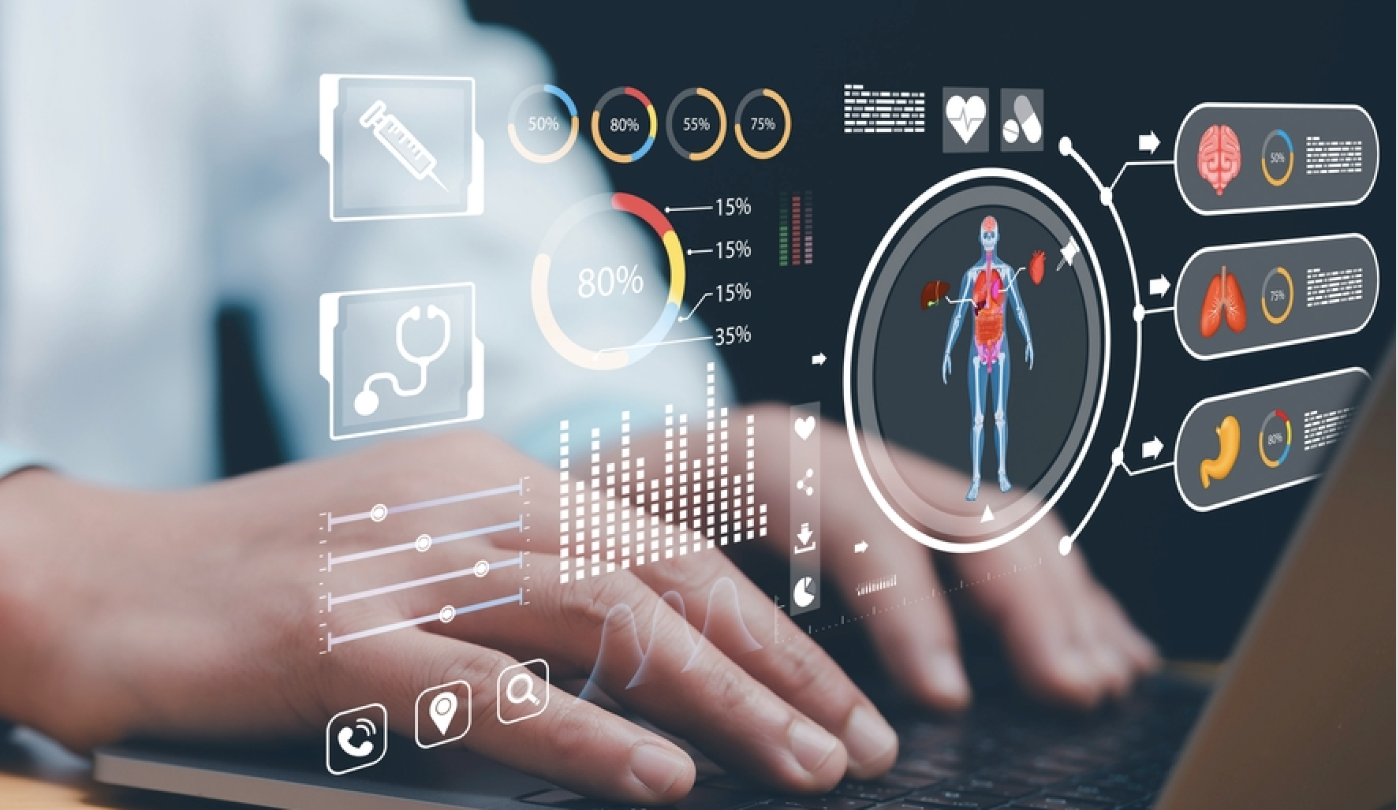


MUMBAI - One could call diabetes either a lifestyle disease or an epidemic - according to the World Health Organization, over 400 million people across the globe are currently fighting diabetes.
Caused by either a lack of insulin (Type-I) or ineffective use of the hormone by the body (Type-II), diabetes can lead to a plethora of other health complications including nerve damage, kidney disease, cardiovascular ailments, dementia, and even depression.
Mercifully, however, diabetes care has come a long way from weekly doctor’s appointments and intensive check-ups. While follow-ups with one’s physician are still crucial to managing diabetes, artificial intelligence (AI) has greatly simplified monitoring symptoms and identifying predictive markers of the disease.
A study published in the journal Radiology suggests that, with the aid of fully automated AI models, medical professionals can identify early signs on abdominal computed tomography scans. This is far from being the only machine learning (ML) intervention aiding both medical staff and patients, however. From fully automated, closed-loop insulin drug delivery to AI devices that can detect retinopathy and other complications associated with diabetes early on, technology has made huge strides in revolutionizing diabetes care.
Continuous glucose monitoring eases tracking of blood sugar levels
At-home blood sugar testing devices have been around for a while now. Though they give fairly accurate results within seconds, they also come with pain and discomfort caused by multiple needle pricks every day to draw blood samples, which are then tested. These glucometer kits also require patients to have testing strips handy to complete this task.
Continuous glucose monitoring (CGM), on
The content herein is subject to copyright by The Yuan. All rights reserved. The content of the services is owned or licensed to The Yuan. Such content from The Yuan may be shared and reprinted but must clearly identify The Yuan as its original source. Content from a third-party copyright holder identified in the copyright notice contained in such third party’s content appearing in The Yuan must likewise be clearly labeled as such. Continue with Linkedin
Continue with Linkedin
 Continue with Google
Continue with Google











 1263 views
1263 views






